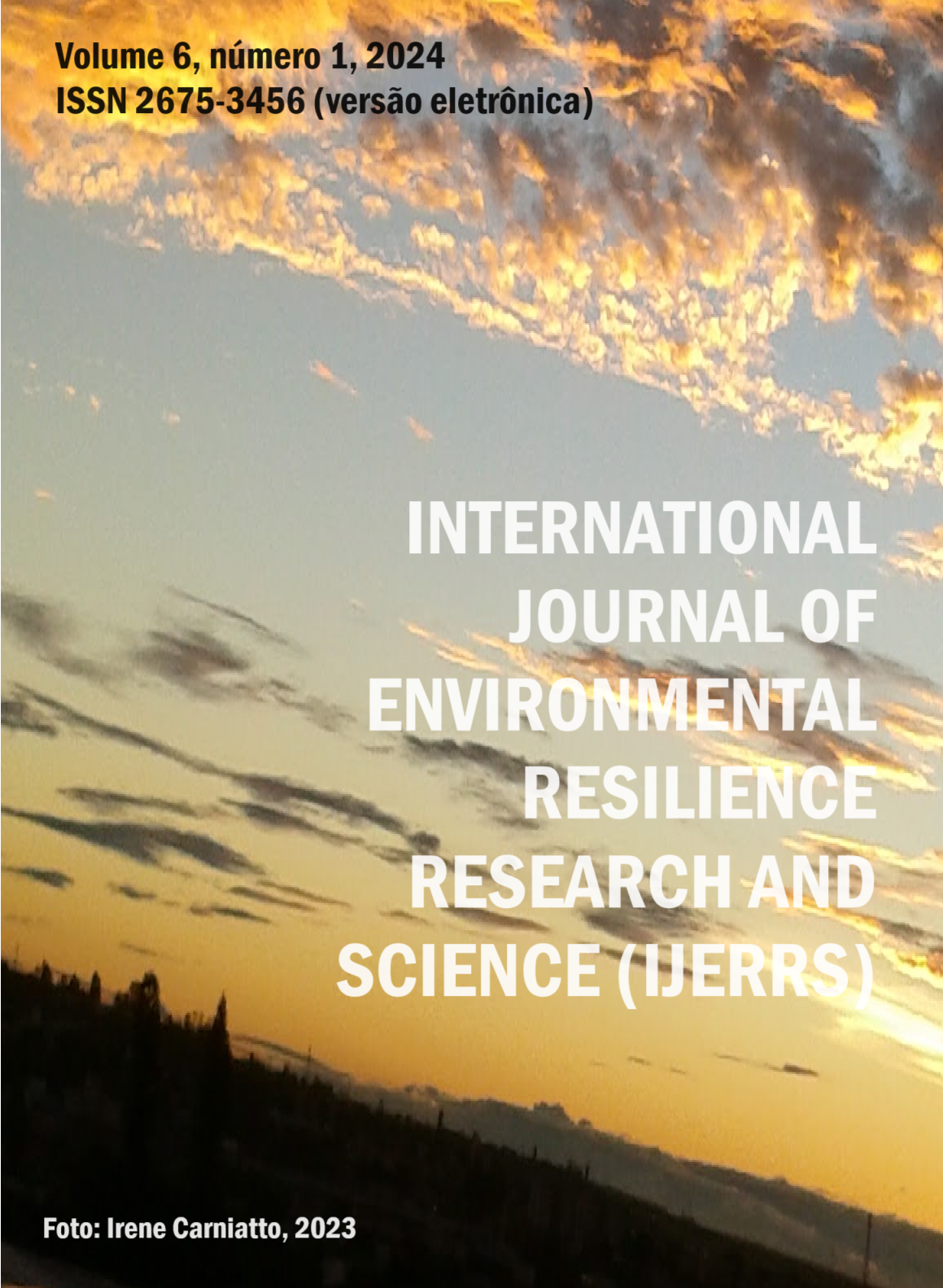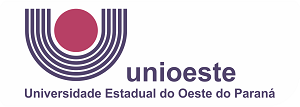Comunidades Quilombolas na Bacia Hidrográfica do Rio Guaporé: Uma Revisão Bibliográfica
DOI:
https://doi.org/10.48075/ijerrs.v5i2.32398Resumo
O processo de colonização do território que hoje é o Estado de Rondônia, propalada pelo regime militar, não levou em conta as necessidades das populações tradicionais, que mantêm, ainda hoje, um modo de vida que resiste intimamente ligado ao tempo do meio em que está inserido. E, no caso das Comunidades quilombolas, em que pese o avanço das pastagens, da agricultura de escala, do turismo e demais atividades econômicas, as sete comunidades existentes no Estado, todas na Bacia do Rio Guaporé, tais comunidades resistem. A maioria dos conflitos decorrem da disputa espacial entre um modo de vida tradicional e a economia capitalista, contribuindo para tal, o preconceito de que essas comunidades representam um “atraso” que a sociedade “moderna” não pode admitir, pois seriam um grande entrave para o desenvolvimento da economia capitalista ligada ao agronegócio na região. Mediante revisão bibliográfica, o presente artigo objetiva identificar as referidas comunidades quilombolas, sua ligação com o meio e os conflitos em que estão inseridas.
Downloads
Publicado
Como Citar
Edição
Seção
Licença
Copyright (c) 2024 International Journal of Environmental Resilience Research and Science

Este trabalho está licenciado sob uma licença Creative Commons Attribution-NonCommercial-ShareAlike 4.0 International License.
Aviso de Direito Autoral Creative Commons
Política para Periódicos de Acesso Livre
Autores que publicam nesta revista concordam com os seguintes termos:
1. Autores mantém os direitos autorais e concedem à revista o direito de primeira publicação, com o trabalho simultaneamente licenciado sob a Licença Creative Commons Attribution que permite o compartilhamento do trabalho com reconhecimento da autoria e publicação inicial nesta revista.2. Autores têm autorização para assumir contratos adicionais separadamente, para distribuição não-exclusiva da versão do trabalho publicada nesta revista (ex.: publicar em repositório institucional ou como capítulo de livro), com reconhecimento de autoria e publicação inicial nesta revista.
3. Autores têm permissão e são estimulados a publicar e distribuir seu trabalho online (ex.: em repositórios institucionais ou na sua página pessoal) a qualquer ponto antes ou durante o processo editorial, já que isso pode gerar alterações produtivas, bem como aumentar o impacto e a citação do trabalho publicado (Veja O Efeito do Acesso Livre).
Licença Creative Commons
Esta obra está licenciada com uma Licença Creative Commons Atribuição-NãoComercial-CompartilhaIgual 4.0 Internacional, o que permite compartilhar, copiar, distribuir, exibir, reproduzir, a totalidade ou partes desde que não tenha objetivo comercial e sejam citados os autores e a fonte.









